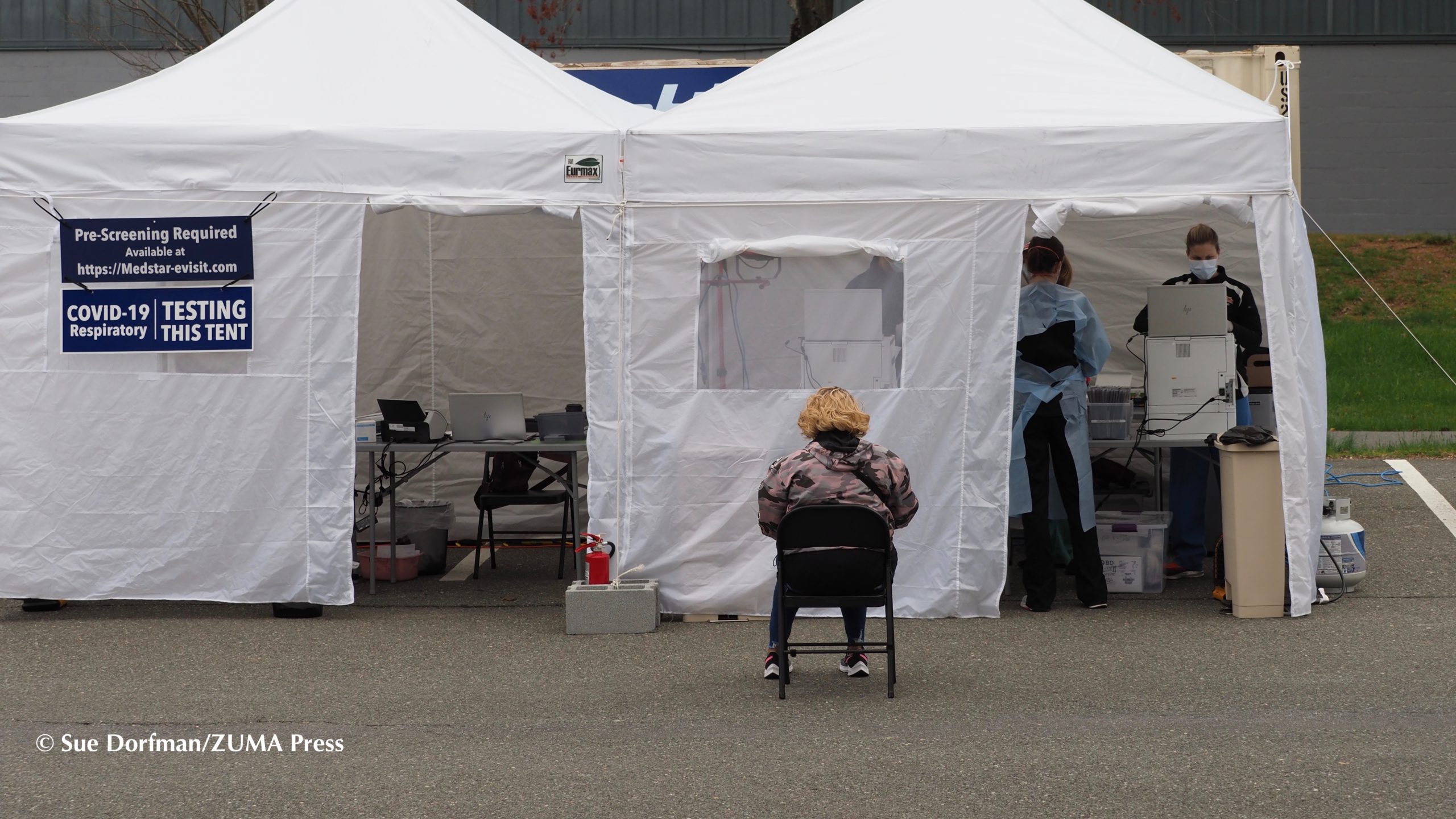(Washington, D.C.) – Medical bias against at-risk intersectional communities may worsen health care outcomes for these groups who have historically experienced discrimination by medical professionals, a coalition of civil rights groups and legal scholars announced today in a new report: “Examining How Crisis Standards of Care May Lead to Intersectional Medical Discrimination Against COVID-19 Patients.” Crisis standards of care are used to decide who should receive priority for treatment when there are not enough resources to serve everyone.
The report explores and addresses how crisis standards of care may perpetuate medical discrimination against people with disabilities, older adults, higher weight people, as well as Black, Indigenous, and other people of color, in hospital care. Many face pervasive negative biases and inaccurate assumptions about their value, quality of life, capacity to communicate and make decisions, and likelihood of survival. During this pandemic, these biases can have deadly consequences when hospitals must make decisions about which critically ill patients should receive treatment.
“Medical bias against African-Americans and other people of color is one of the biggest drivers of poor health outcomes in our communities, said Pilar Whitaker, counsel in the Economic Justice Project at the Lawyers’ Committee for Civil Rights Under Law. “Unfortunately, many crisis standards of care provisions are based on presumptions that marginalize the very people who are sacrificing the most during the pandemic to prop up our economy, Black and Brown communities.”
The report provides an explanation of crisis standards of care policies implemented by states and hospital systems and how they may discriminate against marginalized individuals and communities, the principles that should apply to prevent discrimination, the relevant civil rights legal framework, and recommended strategies to ensure that crisis standards do not discriminate during the pandemic or in the future. The report highlights the deaths of Michael Hickson—a Black father of five with multiple disabilities—and Sarah McSweeney—a white woman with significant disabilities—who were denied life-sustaining treatment by physicians who expressed clear biases regarding the value of their lives.
The authors of the report include the Lawyers’ Committee for Civil Rights Under Law, the Bazelon Center for Mental Health Law, The Arc of the United States, the Center for Public Representation, Justice in Aging, Disability Rights Education and Defense Fund, the National Disability Rights Network, the Autistic Self Advocacy Network, Professor Jasmine Harris of the University of California, Davis School of Law, and Professor Natalie M. Chin of the City University of New York School of Law.
Many of the advocates who authored this report have been involved in filing a number of complaints with the U.S. Department of Health and Human Services, Office for Civil Rights challenging medical discrimination by states and hospitals, including discriminatory crisis standard of care plans, no-visitor policies, and inaccessible COVID-19 testing sites. Through this work, advocates have reached resolutions with a number of states and hospitals that make significant progress toward preventing medical discrimination during COVID-19. However, as outlined in this report, much work remains to be done to ensure every individual, regardless of their identity, receives equal access to care during this pandemic and in the future.


